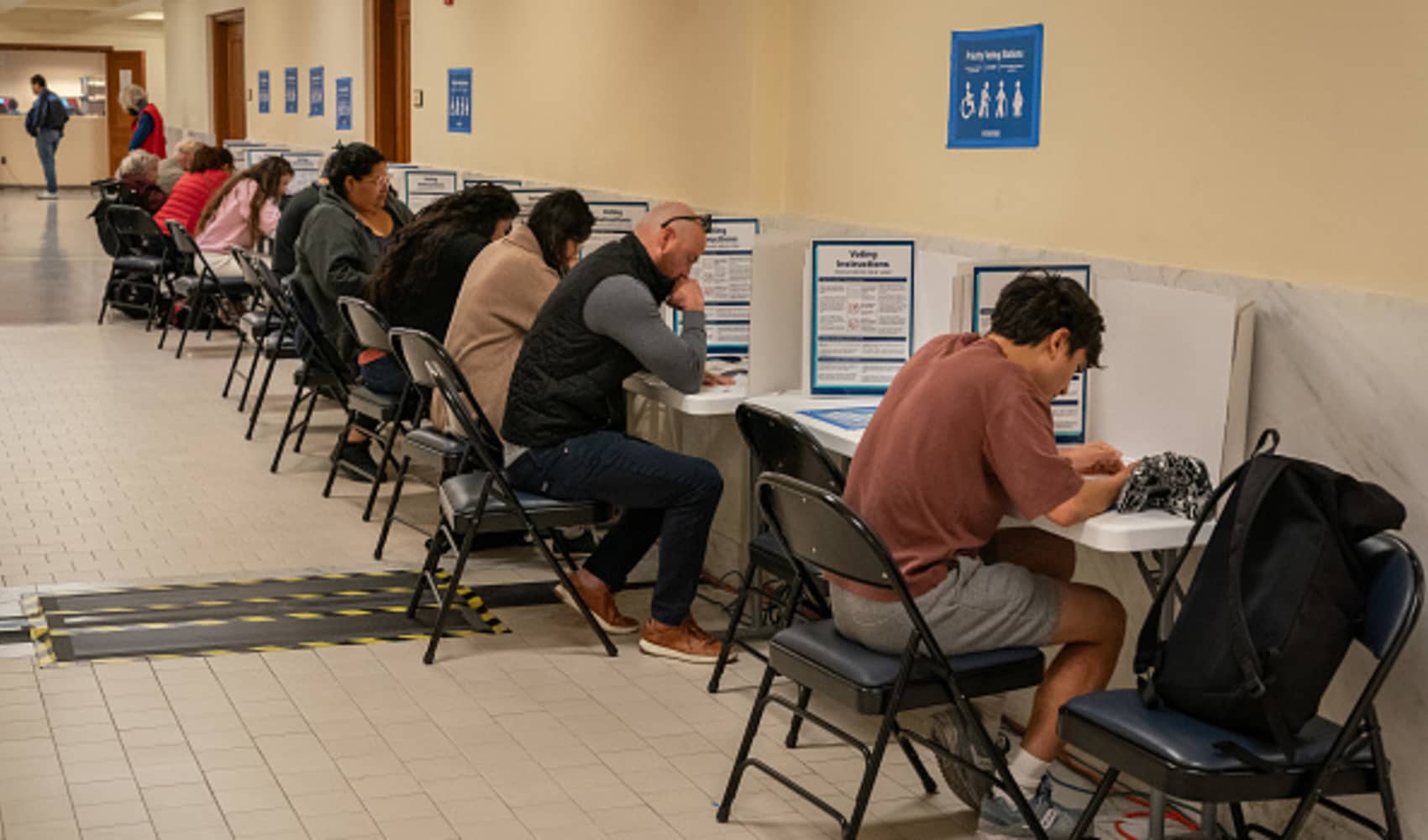
The Supreme Court will hear oral arguments at the end of this month ahead of its final decision on President Joe Biden's plan to forgive up to $20,000 in student debt for federal loan borrowers.
Legal scholars and court experts have varying opinions on how the justices will handle the two lawsuits blocking Biden's plan, but the majority of borrowers are sure of one thing: Their debt is standing between them and financial wellbeing.
WATCH ANYTIME FOR FREE
Stream NBC10 Boston news for free, 24/7, wherever you are. |
In fact, 53% of federal student loan borrowers say their financial stability relies on their loans being forgiven, according to a recent Credit Karma survey of 1,009 adults in the U.S.
The summer will be here before you know it and with it, the return of student loan payments on or around June 30. But for struggling borrowers, adding those payments back into their budget won't be easy.
Get updates on what's happening in Boston to your inbox. Sign up for our News Headlines newsletter.
Payment pause has been a reprieve, not a long-term solution
Next month marks three years since federal student loan borrowers were last required to make a payment on their loans, thanks to the pandemic forbearance that began under former President Donald Trump.
Borrowers who were able to stay on top of payments had a choice to continue making payments to expedite their debt payoff or take advantage of the pause and use the funds they would have put toward their debt for other things. Some borrowers were able to have weddings, start a business or achieve other financial goals.
Money Report
For the most part, borrowers say the payment pause has allowed them to feel more secure about their money, but that security may end when payments resume. Over half (56%) of survey respondents say their financial stability relies on not being required to make payments.
While they might be more financially stable, more than 1 in 4 borrowers say they haven't been able to save while payments have been paused because the money they would have paid on their student loans is now going to other necessities.
With or without student debt, the last year has been financially difficult for many Americans as record-high inflation sent prices up on nearly everything from rent to eggs. Nearly 70% of respondents say their finances stayed the same or declined since last year, Credit Karma reports.
A recent Gallup poll found similar results: Half of Americans report their finances are worse off now compared to a year ago.
What comes next for borrowers
If the Biden administration is allowed to go through with student debt forgiveness, borrowers with outstanding balances will likely see their monthly payments decrease. Though that could be welcome news for borrowers, they won't know until the Supreme Court decision comes out at the end of June — just as payments will be resuming.
That uncertainty could make it difficult for borrowers to plan ahead.
"With payments set to resume this summer, or potentially sooner, borrowers should start budgeting now," says Courtney Alev, consumer financial advocate at Credit Karma. "Once payments resume, you'll have less disposable income, so you'll need to revisit your spending habits to ensure you have sufficient funds to put toward bills, necessities and your student loans."
If you're unable to afford your monthly payments, federal student loan borrowers have options. Income-driven repayment plans offer one possible solution, and the Biden administration is planning to roll out improvements to the program that make it more manageable for borrowers.
Though you'll likely pay more in interest over the life of the loans, lowering your monthly payments can help you keep your loans in good standing and prevent further damage, Alev says.
"Don't end up in a situation where you're delinquent on your loan, which can potentially cost you more in interest or penalties, and negatively impact your credit score," she says.
Borrowers who are unable to make any payment due to economic hardship, continued education or other situations may be eligible for deferment or forbearance, though unlike the pandemic forbearance period, interest may continue accruing on your loans.
Get CNBC's free Warren Buffett Guide to Investing, which distills the billionaire's No. 1 best piece of advice for regular investors, do's and don'ts, and three key investing principles into a clear and simple guidebook.
Sign up now: Get smarter about your money and career with our weekly newsletter
Don't miss: Borrowers react to student loan forgiveness: 'A huge weight has been lifted off of my shoulders'






